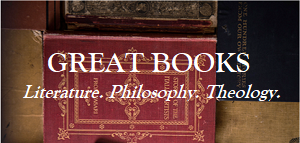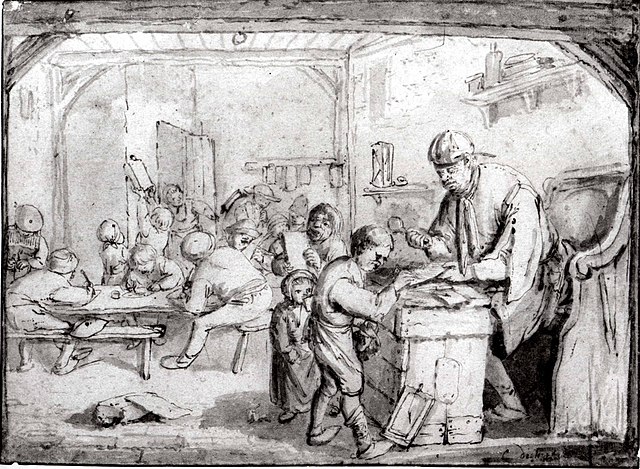

Great Books Primer: This course is an introductory survey of the West covering the literature of the Jews, Greeks, Romans, Christians, and the Modern Age, using the Traditio Nostra Curriculum. It is a theology, philosophy, and literature Socratic Discussion course. Readings are no more than a few pages and the discussions are specifically crafted for younger students (6th–7th grade). The class format is that of a "great books" seminar—students read primary works from the great authors and authoresses of Western Civilization and then discuss them in a round-table format, thus joining what has been referred to as the "Great Conversation."
- Teacher: Mrs. Rebecca Beaucourt

Great Books 1: This course covers the three great, ancient contributors to the West: the Hebrews, the Greeks, and the Romans. It combines philosophy, theology, and literature readings, and is intended for 7th–9th grade students. The class format is that of a "great books" seminar--students read primary works from the great authors of Western Civilization and then discuss them in a round-table format, thus joining what has been referred to as the "Great Conversation." The course uses our own Traditio Nostra curriculum.
- Teacher: Mr. Joshua Keatley
- Teacher: Mrs. Maren Sang

Great Books 2: This cycle covers the great age of synthesis: from the coming of our Lord to the Renaissance. It combines philosophy, theology, and literature readings, and is intended for 7th–9th grade students. The class format is that of a "great books" seminar--students read primary works from the great authors of Western Civilization and then discuss them in a round-table format, thus joining what has been referred to as the "Great Conversation." The course uses our own Traditio Nostra curriculum.
- Teacher: Mr. Christopher Jimenez Ferreto

Great Books 3: This cycle covers from the beginning of the Enlightenment to the Present. It combines philosophy, theology, and literature readings, and is intended for 7th–9th grade students. The class format is that of a "great books" seminar--students read primary works from the great authors of Western Civilization and then discuss them in a round-table format, thus joining what has been referred to as the "Great Conversation." The course uses our own Traditio Nostra curriculum.
- Teacher: Mr. Matthew Walsh

Great Books 4: This course covers the founding and development of American government and culture and Catholic culture within America, exploring what it means to be a Catholic citizen of the United States. It combines philosophy, theology, and literature readings. The advanced level of the class means the students will read more freely and with fewer topical restraints, and the course is intended for 10th–12th grade students. The class format is that of a "great books" seminar--students read primary works from the great authors of Western Civilization and then discuss them in a round-table format, thus joining what has been referred to as the "Great Conversation." The course uses our own Traditio Nostra curriculum.
- Teacher: Mr. Zach Krueger

Great Books 5: This course returns our focus to the readings of the Ancient & Medieval periods, but works thematically, rather than chronologically, exploring how the treasures of the Western Tradition hold insights for addressing problems of today. In addition, modern scholarship that draws upon the tradition is read in conjunction with older books, illustrating the telescopic nature of thinking with tradition. Having looked extensively at the ideas of Modern Times and America in Great Books 3 and 4, we here turn back to the sources of wisdom in the West in search of answers, completing the cycle of Great Books study. The course uses our own Traditio Nostra curriculum.
- Teacher-Author: Mrs. Alecia Rolling
- Teacher: Mr. Joshua Keatley
